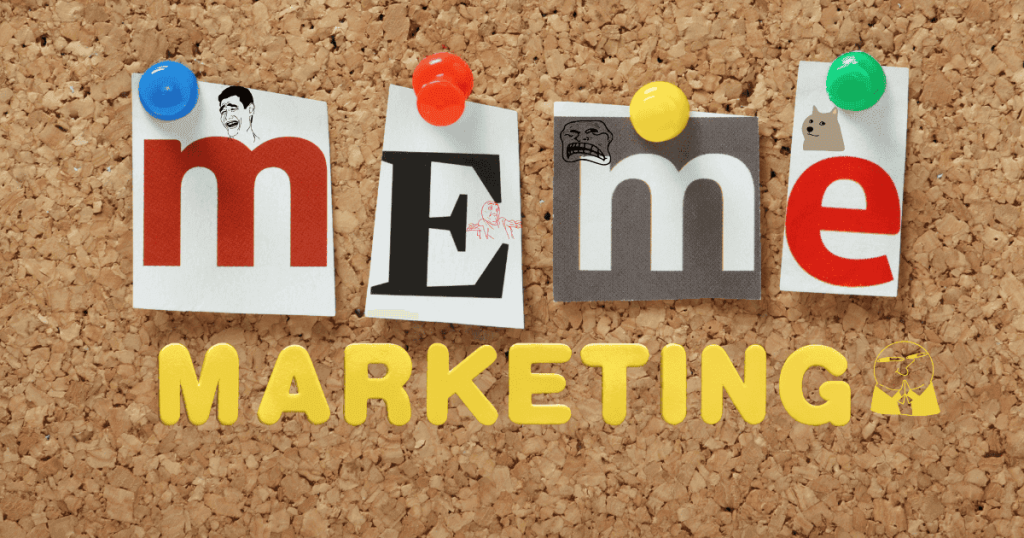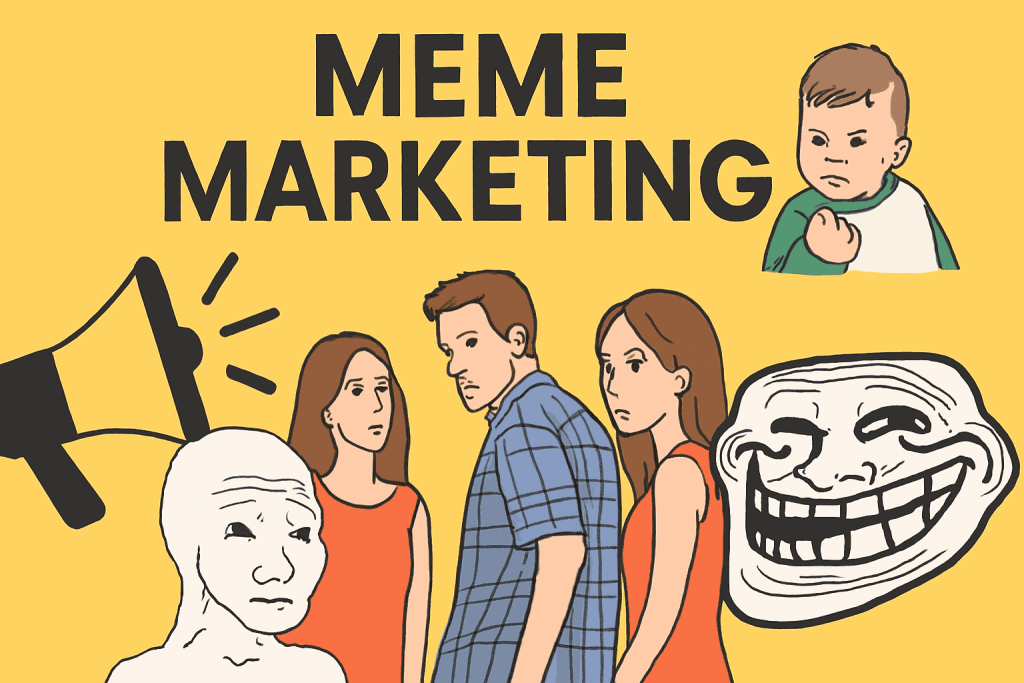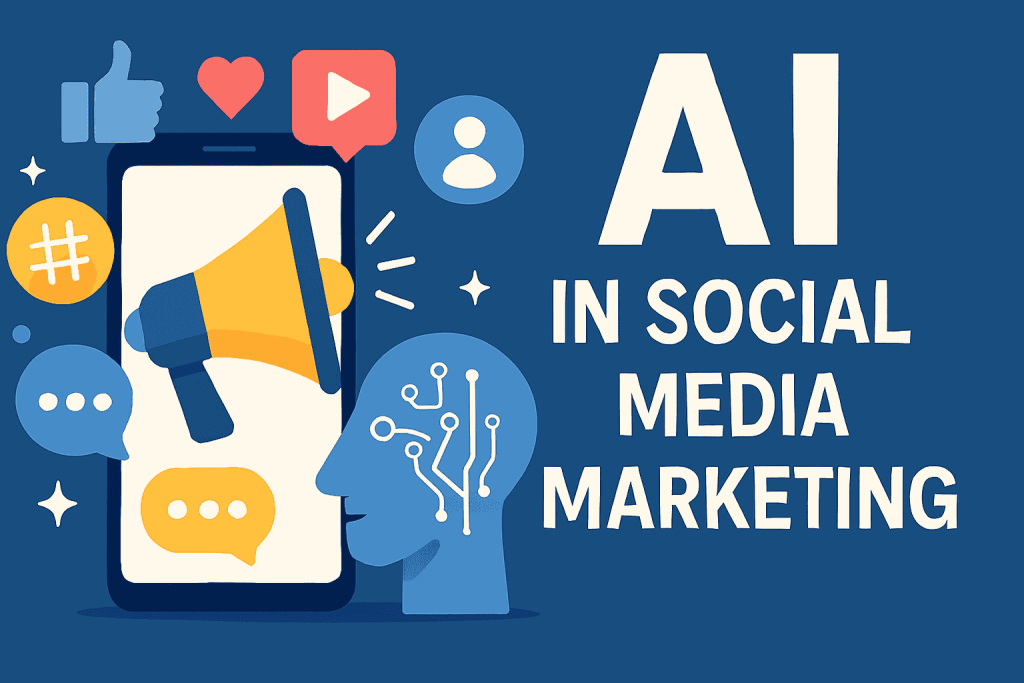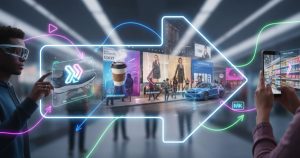Meme Marketing 2.0: How AI-Powered Humor Is Becoming the Universal Brand Language

Memes have evolved from internet curiosities to powerful marketing tools that can make or break a brand’s social media presence. What started as simple image macros shared among niche online communities has transformed into a sophisticated form of brand communication that transcends language barriers, cultural differences, and demographic divides.
The rise of AI technology has supercharged this evolution, giving marketers unprecedented access to meme creation tools and data-driven insights about what makes content go viral. AI meme generators can now analyze trending topics, cultural moments, and audience preferences to create content that resonates with specific target audiences at lightning speed.
This shift represents more than just a new marketing channel—it’s a fundamental change in how brands communicate with consumers. Memes offer a unique blend of authenticity, relatability, and shareability that traditional advertising struggles to achieve. When executed correctly, meme marketing can humanize brands, build community, and drive engagement rates that far exceed conventional social media posts.
The Science Behind Viral Meme Marketing
Understanding why memes spread requires examining the psychological and cultural factors that drive online sharing behavior. Successful memes tap into universal human experiences, emotions, or observations that audiences find instantly recognizable and worth sharing with their networks.
Research shows that content is more likely to go viral when it evokes strong emotional responses, whether laughter, surprise, or validation. Memes excel at triggering these responses because they often highlight the absurd, unexpected, or deeply relatable aspects of everyday life.
Pattern Recognition and Cultural Currency
AI-powered marketing tools can now identify patterns in viral content that humans might miss. These systems analyze millions of memes to understand which visual elements, text structures, and cultural references drive engagement across different demographics and platforms.
The concept of cultural currency plays a crucial role here. Memes that reference current events, pop culture moments, or shared experiences become valuable social tokens that people use to demonstrate their awareness and participation in broader cultural conversations.
Timing and Context in AI-Generated Content
Machine learning algorithms excel at identifying optimal timing for meme deployment. By analyzing when audiences are most active, what topics are trending, and how quickly cultural moments fade, AI can help marketers strike while the iron is hot.
This capability is particularly valuable because meme relevance has an extremely short shelf life. A meme template that’s hilarious on Monday might feel stale by Wednesday. AI systems can track these lifecycle patterns and recommend when to pivot to new formats or topics.
AI Meme Generator Tools: Revolutionizing Content Creation
The emergence of sophisticated AI content creation tools has democratized meme production, allowing brands of all sizes to participate in viral marketing strategies without requiring extensive creative teams or cultural expertise.
Advanced Template Recognition
Modern AI meme generators can analyze successful meme templates and understand their structural components—the visual hierarchy, text placement, and emotional beats that make them effective. These tools can then apply similar structures to new content while maintaining the authentic feel that makes memes shareable.
Unlike simple template-filling tools, advanced AI systems understand context and can adapt meme formats to specific brand messages without losing the humor or relatability that makes them work.
Real-Time Trend Analysis
AI-powered platforms continuously monitor social media trends, identifying emerging meme formats before they reach peak saturation. This early detection capability gives brands a competitive advantage, allowing them to participate in trends while they’re still fresh and relevant.
These systems track metrics beyond simple view counts, analyzing engagement quality, sharing patterns, and sentiment to predict which trends have staying power versus those likely to flame out quickly.
Building Authentic Brand Voices Through Humor in Marketing

The challenge with meme marketing lies in maintaining brand authenticity while participating in an often irreverent or subversive online culture. Successful brands learn to adapt their voice to meme formats without abandoning their core identity or values.
Finding Your Brand’s Meme Personality
Different brands require different approaches to humor in marketing. A tech startup might embrace self-deprecating jokes about coding culture, while a financial services company might focus on relatable content about budgeting struggles. The key is identifying which aspects of your brand personality translate naturally to meme formats.
AI can assist in this process by analyzing how similar brands successfully integrate humor into their marketing campaigns, identifying patterns that align with your brand’s tone and audience expectations.
Avoiding Cultural Missteps
One advantage of AI-powered branding tools is their ability to flag potentially problematic content before it goes live. These systems can identify cultural sensitivities, outdated references, or formats that might not translate well across different audience segments.
This capability is particularly valuable for global brands that need to navigate varying cultural contexts and humor styles across different markets.
Case Studies: Viral Marketing Strategies in Action
Examining successful meme marketing examples reveals common strategies that brands can adapt for their own campaigns.
Tech Companies Leading the Charge
Technology companies have been early adopters of meme marketing, often because their audiences are digitally native and expect brands to participate in online culture. Companies like Slack, Discord, and various SaaS platforms have built entire social media strategies around meme content.
These brands succeed by maintaining consistency between their meme content and their overall brand messaging. Their memes feel authentic because they emerge from a genuine understanding of their users’ experiences and pain points.
Traditional Brands Adapting to Meme Culture
More established companies have found success by acknowledging the gap between their traditional image and meme culture, often making that contrast part of the humor itself. Fast-food chains, in particular, have mastered this approach by embracing self-aware humor about their place in internet culture.
The Future of AI in Social Media Marketing

As AI technology continues advancing, we can expect even more sophisticated approaches to cultural marketing strategies and brand storytelling with memes.
Predictive Content Creation
Future AI systems will likely predict which types of content will resonate with specific audiences before those trends become obvious to human observers. This capability could allow brands to create “proto-memes” that help establish new trends rather than simply participating in existing ones.
Personalized Meme Experiences
Advanced targeting capabilities might enable brands to create personalized meme content that adapts to individual users’ humor preferences, cultural backgrounds, and current life situations. This level of personalization could make branded content feel more like entertainment than advertising.
Cross-Platform Optimization
AI tools are becoming better at adapting content for different social media platforms, understanding how meme formats need to change for TikTok versus Twitter versus Instagram. This cross-platform intelligence helps brands maintain consistent messaging while respecting each platform’s unique culture and technical requirements.
Social Media Meme Trends 2025: What’s Next?
Looking ahead, several trends are likely to shape the evolution of meme marketing:
Interactive memes that encourage user participation will become more prevalent, driven by platforms’ preference for content that generates extended engagement. AI will play a crucial role in creating frameworks for these interactive experiences.
Video-based memes are expanding beyond short clips to more sophisticated formats that blend traditional video content with meme sensibilities. AI video generation tools will make these formats more accessible to smaller brands.
Micro-targeted cultural references will become more common as AI gets better at identifying niche communities and creating content that speaks to their specific experiences and in-jokes.
Measuring Success: Beyond Views and Likes
Effective meme marketing campaigns require sophisticated measurement approaches that go beyond traditional engagement metrics.
Sentiment and Brand Perception
AI-powered analytics can track how meme content affects overall brand perception, measuring whether humorous content enhances or detracts from brand credibility and trustworthiness.
Conversion Tracking
Advanced attribution models help brands understand how meme content contributes to business outcomes, even when the connection isn’t immediately obvious. This data helps justify meme marketing budgets and optimize future campaigns.
Cultural Impact Assessment
Some brands aim for cultural impact that extends beyond immediate business metrics. AI tools can track how branded meme content spreads beyond paid promotion, measuring organic sharing and remix rates that indicate genuine cultural resonance.
Implementing Your AI-Powered Meme Strategy
Successful implementation requires balancing automation with human oversight and creative intuition.
Building Your Creative Framework
Start by establishing clear guidelines for how your brand should sound and look in meme formats. These guidelines should be specific enough to maintain consistency but flexible enough to adapt to rapidly changing online culture.
Testing and Learning
Use AI tools to rapidly test different approaches and formats, but rely on human judgment to interpret results and make strategic decisions about brand direction.
Community Building
The most successful meme marketing strategies focus on building genuine communities around shared interests and experiences rather than simply promoting products or services.
Ready to Embrace Meme Marketing 2.0?
The integration of AI into meme marketing represents a significant opportunity for brands willing to embrace humor and authenticity in their communication strategies. As these tools become more sophisticated and accessible, the brands that learn to use them effectively will gain significant advantages in capturing attention and building meaningful connections with their audiences.
Success requires more than just using the latest AI meme generator or jumping on every trending template. It demands understanding your audience deeply, maintaining an authentic brand voice, and contributing meaningfully to the cultural conversations happening online.
Start small, test consistently, and remember that the best memes feel effortless even when they’re strategically crafted. The future of brand communication is funny, fast, and AI-powered—make sure your brand is ready to participate.







